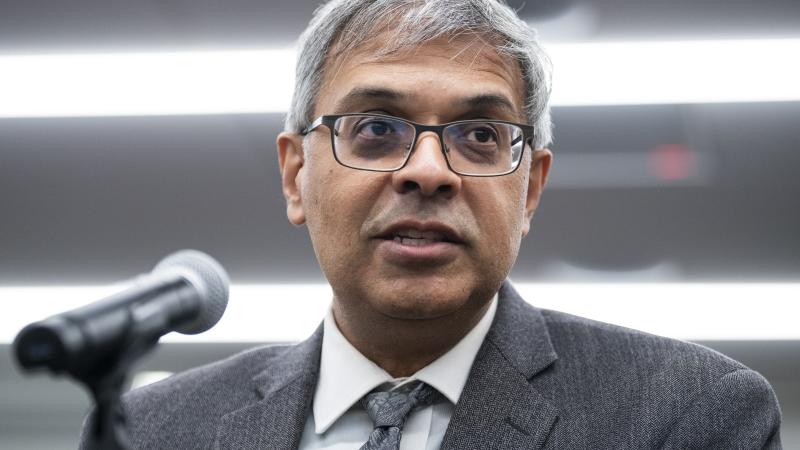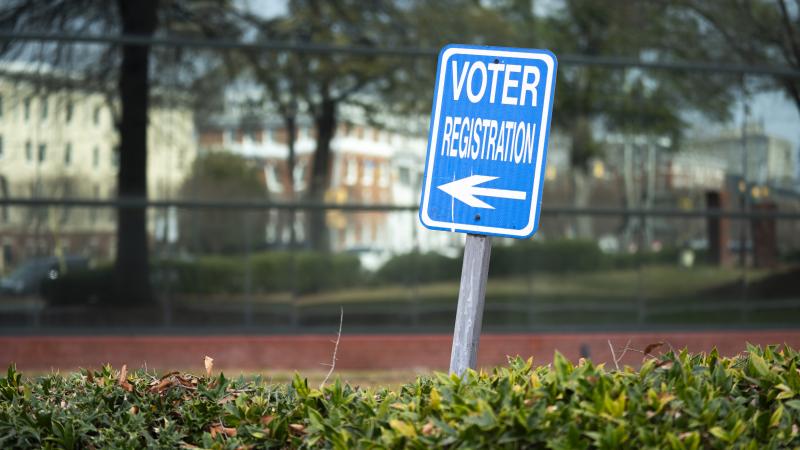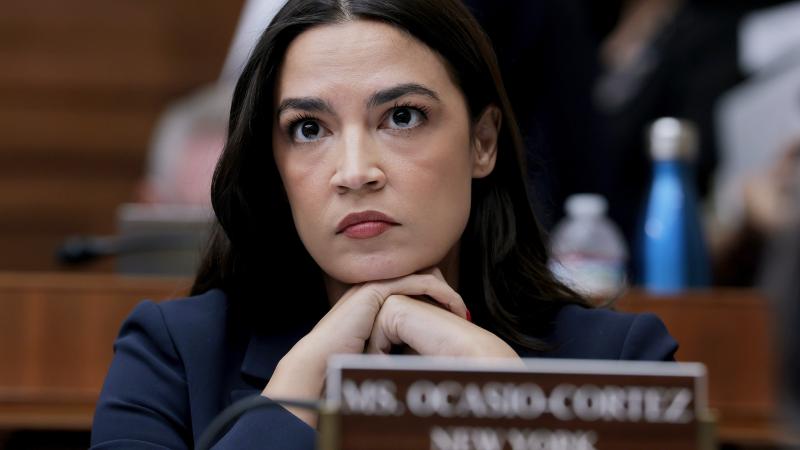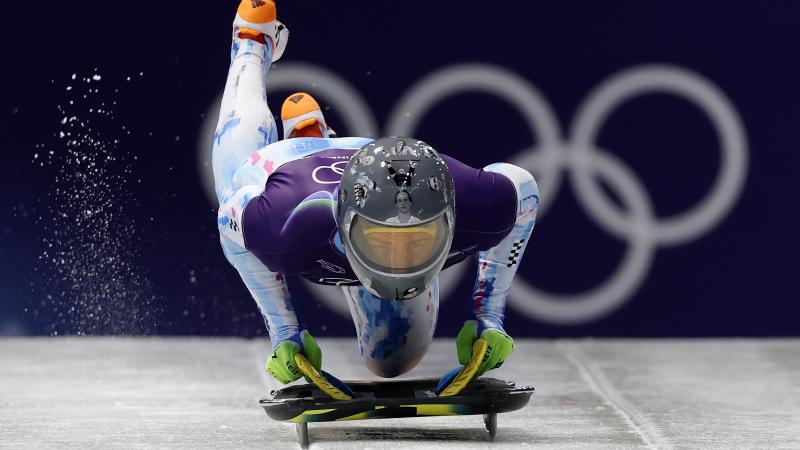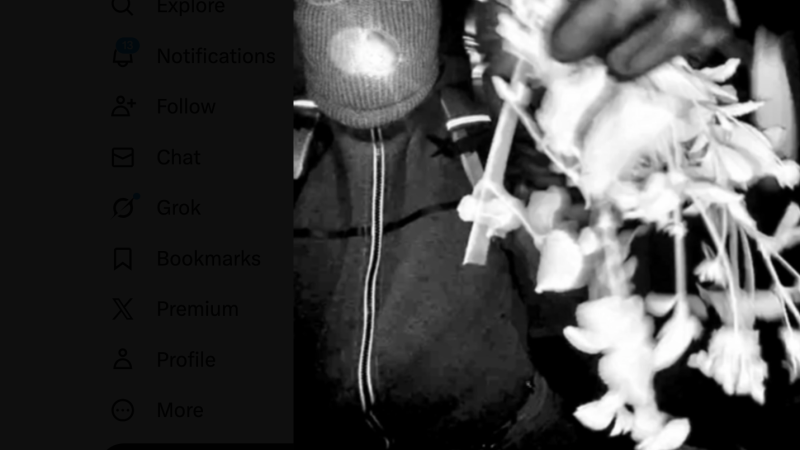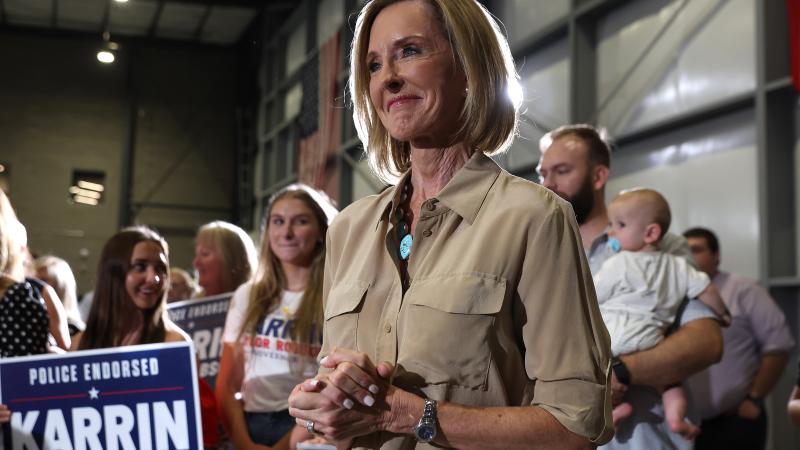Anti-anxiety, anti-depression meds skyrocket during coronavirus outbreak
Insomnia medication prescriptions have also increased significantly.
Americans are being prescribed significantly more anti-anxiety and anti-depression medication compared to before the coronavirus outbreak began, a sign that the country's restrictions and economic shutdowns, as well as fear over contracting the disease itself, has begun to take its toll on peoples' mental health.
A study released on Friday from Express Scripts, a pharmacy benefit management organization, states that anti-anxiety prescriptions here have skyrocketed over 34 percent since the pandemic arrived in the United States. Antidepressants were up nearly 19 percent, while anti-insomnia drugs jumped almost 15 percent.
The spike at least temporarily reverses half a decade's worth of declining psychotropic use in the country. Anti-anxiety medication use had dropped 12 percent from 2015, while anti-insomnia prescriptions had fallen by a similar amount.
The high numbers reflect the myriad significant concerns faced by millions of Americans over the past several weeks, chief among them a loss of income stemming from the pandemic. A record 22 million Americans have filed for unemployment in less than a month, the spiraling numbers reflecting the rolling economic shutdowns that nearly every American state has enacted to slow the coronavirus's spread.
Though the virus and its symptoms have dominated the news cycle for months, a third of Americans in a recent Just the News Daily Poll say that loss of income tops their list of worries during the outbreak. Boredom, isolation and fear of running out of supplies topped the list. Just 4 percent of respondents said health concerns weighed most heavily on their minds.
Studies have indicated that prescriptions for antidepressants and anti-anxiety medications usually go up during recessions.


